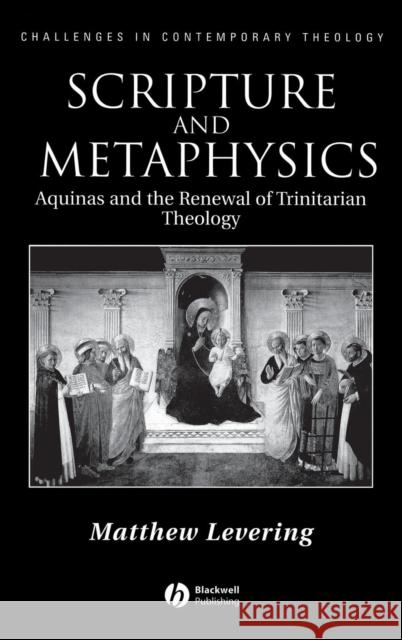Scripture and Metaphysics » książka
topmenu
Scripture and Metaphysics
ISBN-13: 9781405117333 / Angielski / Twarda / 2004 / 264 str.
This book makes a major contribution to contemporary theological and philosophical debates, bridging scriptural and metaphysical approaches to the triune God.
- Bridges the gap between scriptural and metaphysical approaches to biblical narratives.
- Retrieves Aquinas's understanding of theology as contemplative wisdom.
- Structured around Aquinas's treatise on the triune God in his 'Summa Theologiae'.
- Argues that intellectual contemplation is part of a broader spiritual journey towards a better understanding of God.
- Contributes to the current resurgence of Thomistic theology in both Protestant and Catholic circles.











